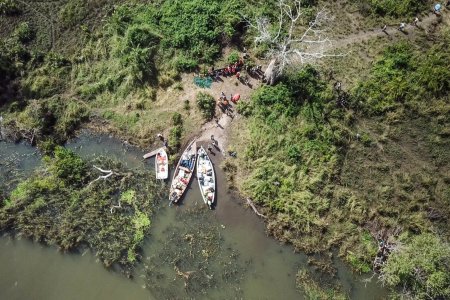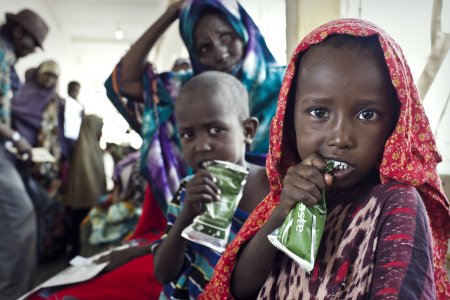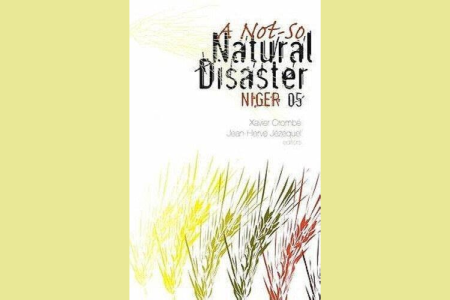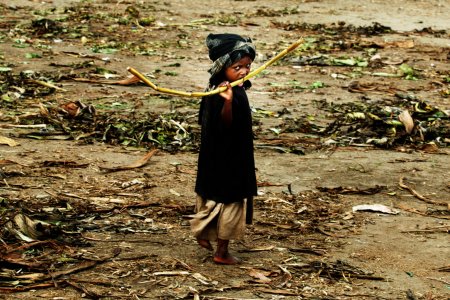Myths and beliefs about natural disasters and the efficacy of international relief efforts
Natural disasters and conflicts are the focal point for humanitarian action. These events, which often receive extensive media coverage, are frequently misrepresented in terms of their effects, causes and the ability of international relief workers to aid the victims. This collection of studies attempts to deconstruct these myths.
 Puf
Analysis
Puf
Analysis
In a disaster situation: get your bearings, triage and act
04/03/2020On 12 January 2010, a high-magnitude earthquake caused numerous buildings in the city of Port au Prince in Haiti to collapse. Tens of thousands of people were killed or injured by falling blocks of concrete. The aftershocks from the earthquake, the predictions made by some seismologists and public rumours prompted fears of a repeat of the disaster. Houses, schools, churches, hospitals and business premises – all the places that had housed the capital’s residents and their main activities – had become lethal traps and a permanent threat.
 Giuseppe La Rosa/MSF
Interview
Giuseppe La Rosa/MSF
Interview
Natural Disasters: “Do Something!”
02/17/2012In this interview conducted by Claudine Vidal in 2012 and published in the book Agir à Tout Prix (Humanitarian Negotiations Revealed: the MSF experience), Rony Brauman speaks about emergency humanitarian aid set up following natural disasters. Time constraints, access to victims, cooperation with local institutions, misleading representations of the disasters' effects, controversial assessments of the number of casualties; various topics related to these interventions are discussed and illustrated with specific examples.
 Sven Torfinn
Opinion
Sven Torfinn
Opinion
Famine in Somalia : warning against the warning!
09/19/2011In the context of emergency appeals in the Horn of Africa, Rony Brauman recalls the contemporary definition of a famine. While recognising the progress made in major crisis response mechanisms, he questions the alarmist attitude of the UN.
Haiti Earthquake: What Priorities?
01/20/2010The earthquake that devastated Port-au-Prince and neighboring areas has led to a worldwide surge of solidarity which we must fully appreciate because no country could face such a disaster on this scale alone.
 Book
Book
Niger: A Not-So Natural Disaster
10/01/2007Twenty years after the charity concerts for the Sahel Nigerien politicians, institutional donors, aid agencies and humanitarian organisations clashed on the nature and substance of the crisis affecting Niger in 2005. Identifying the causes of, and adequate responses to, the situation also gave rise to profound disagreements. Having set up their most ambitious emergency nutrition programme to date, Médecins Sans Frontières found itself at the forefront of these controversies.
 Larry Towell
Analysis
Larry Towell
Analysis
Global media and the Myths of Humanitarian Relief: The Case of the 2004 Tsunami
11/21/2006Rony Brauman reviews the myths and mechanisms governing the deployment of international aid following the Southeast Asian tsunami in December 2004.
 Juan Carlos Tomasi
Analysis
Juan Carlos Tomasi
Analysis
The Food Emergency in Ethiopia: What the Drought Conceals
03/01/2003Fabrice Weissman highlights the political factors at work behind the threat of famine - which, though very real, cannot be fully explained by natural causes - and casts a critical eye on the relief system, as well.
